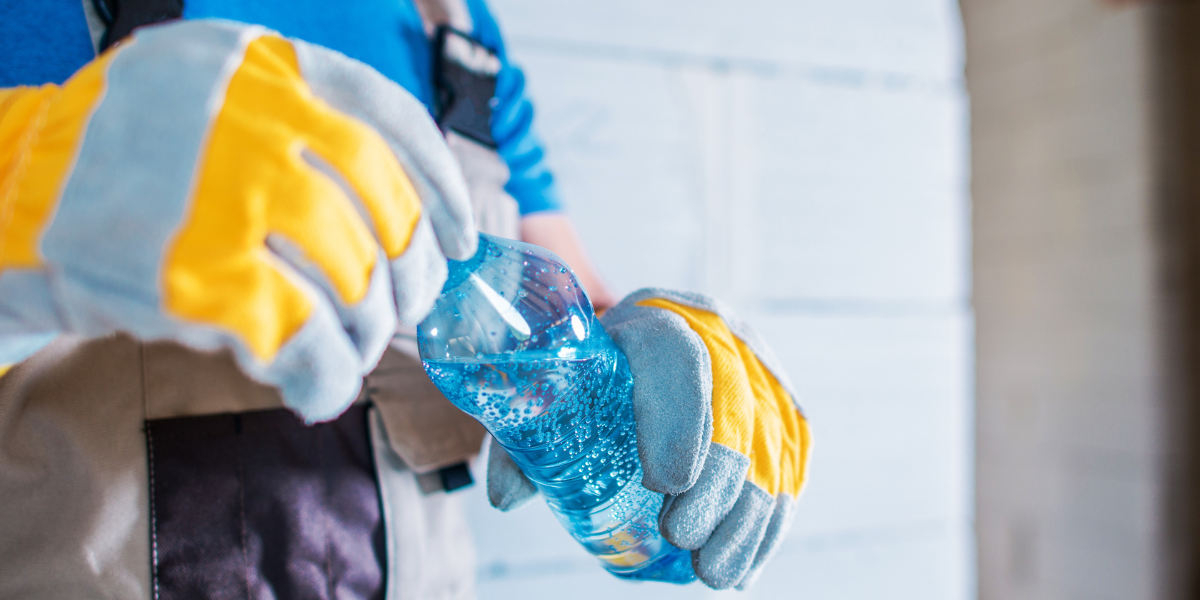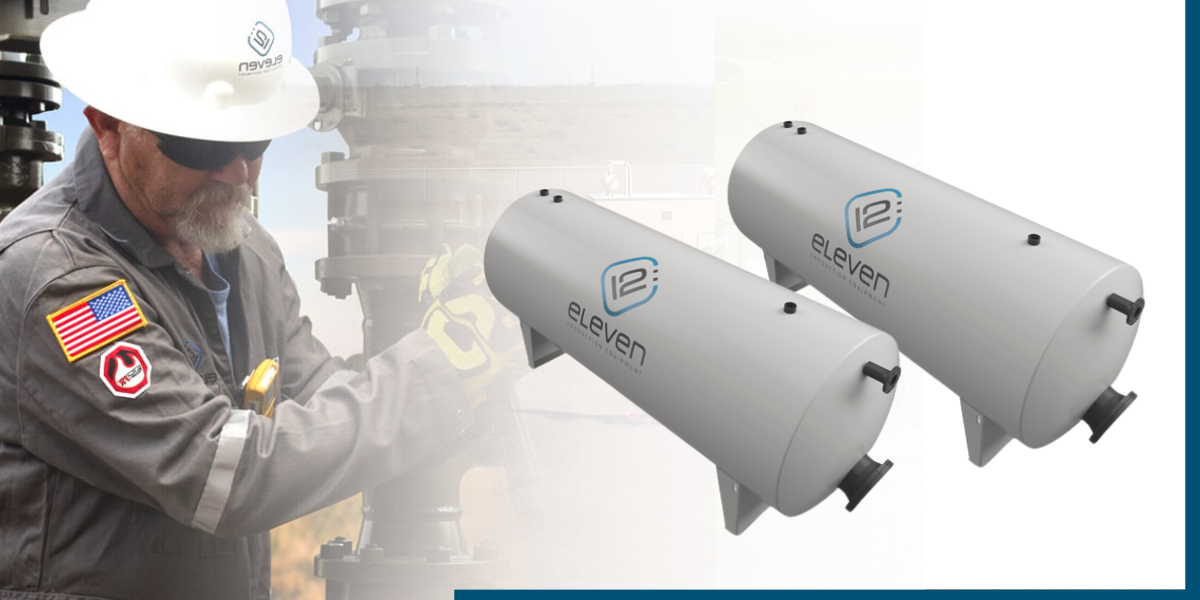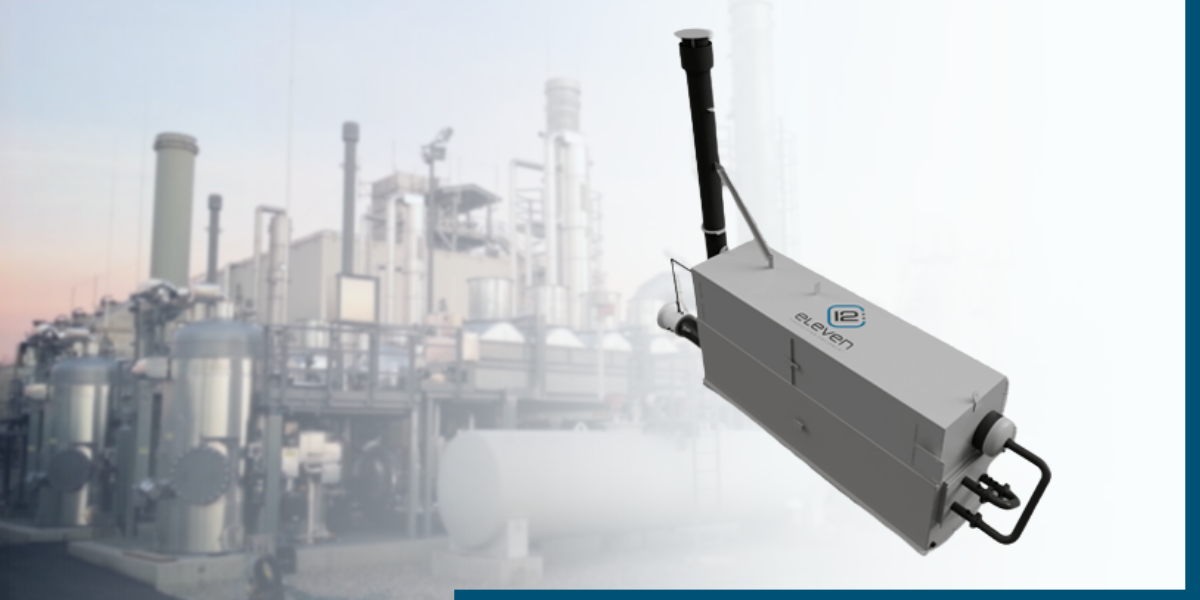Free Water Knockout (FWKO): What You Need To Know
Free water knockouts (FWKO) are an essential component in the oil and gas industry, designed to remove any free water present in the production...

As summer approaches, days not only become longer, the temperature rises to extreme dangerous levels. As some of your team members may work under these extreme conditions, it is important for all individuals to recognize the signs and symptoms of various heat illnesses.
Here are our ten top tips your team should follow to avoid heat illnesses while working under extreme heat.
Stay hydrated by drinking small amounts of water frequently. Drink plenty of fluids; drink about 16 ounces before starting and 5 to 7 ounces every 15 or 20 minutes. Don’t wait until you feel thirsty to drink.
Beverages such as alcohol and caffeine can actually lead to dehydration. So, it is best to avoid them altogether.
Lightweight, light-colored and loose-fitting clothing, and personal protection equipment, helps protect against heat. Change clothing if it gets completely saturated. Clothing made from natural fabrics such as cotton is best.
Slow down and work at an even pace. Know your own limits and ability to work safely in heat. Working too hard in the heat can lead to heat exhaustion. To avoid this, workers should take it slow and pace themselves. If possible, they should avoid working during the hottest part of the day.
Take time for rest periods and water breaks in a shaded or air conditioned area. Ensure that workers have access to plenty of cool water, shade and a place to rest. Breaks give the body a chance to cool down and reduce the risk of heat-related illness. Workers should take a break at least every 20 minutes to drink fluids, rest in the shade and cool down.
In addition to wearing the right clothing, workers should also use sunscreen with an SPF of 15 or higher to protect their skin from the sun’s harmful rays.
Workers should be aware of the signs and symptoms of heat-related illness, such as headache, nausea, dizziness, weakness and muscle cramps. If any of these symptoms occur, they should take a break, drink fluids and seek medical attention if the symptoms persist.
Heat cramps are muscle pains or spasms that can occur during or after exposure to heat. They are usually caused by dehydration and electrolyte imbalances. To treat heat cramps, workers should drink fluids and rest in a cool place.
Heat exhaustion is a condition that can occur when the body is unable to regulate its temperature. Symptoms include heavy sweating, paleness, muscle cramps, tiredness, weakness, dizziness, headache, nausea and fainting. If any of these symptoms occur, workers should stop working immediately, drink fluids and seek medical attention.
Heat stroke is a potentially life-threatening condition that occurs when the body’s temperature regulating system fails. Symptoms include high body temperature, hot, red, dry or moist skin, rapid and strong pulse, headache, dizziness, nausea, confusion and unconsciousness. If any of these symptoms occur, workers should call 9-1-1 immediately and seek medical attention.
OSHA has a nationwide Heat Illness Prevention Campaign - this campaign educates employers and workers on the dangers of working in the heat.
OSHA also has a smartphone application for Android and iPhone. This free heat safety app allows workers and supervisors to calculate the heat index for their worksite, and, based on the heat index, displays a risk level to outdoor workers. You can then select “precautions” and it will give you a list of what you can do based on the current risk level.
Whether at work or play OSHA asks that we remember these three simple words: Water, Rest, and Shade. Taking these precautions can mean the difference between life and death.
Discover the strengths that the specialists in innovation and customization bring to production and process equipment. Contact 12:eleven and experience quality that is reliable, efficiency that is proven and service that is unsurpassed.
We invite you to request a quote for our products or services
Oil and Gas Production and Process Equipment - In this blog post we will dive into the most important pieces of oil and gas production equipment. We will also talk about how to maintain them properly.
Oil Stabilizing Towers: What You Need to Know - In this article, we'll discuss the basics of oil stabilization towers and provide information on how they work, and the benefits they offer.
What You Need to Know About Gas Dehydration Units - Here's everything you need to know about gas dehydration units and how they can be used to eliminate unwanted moisture from recovered natural gas.
Everything you need to know about Glycol Contact Towers - In this post, we'll provide an overview of what a glycol contact tower is, explain the benefits of using one, and the types available.
As a specialty company providing custom design, engineering and fabrication of production and process equipment, we are dedicated to doing what’s right for our customers and passionate about creating value on every project.
We leverage the field expertise of our design and engineering group together with our diversified manufacturing capabilities to deliver a broad range of innovative surface production equipment - including Separators, Treaters, Free Water Knock Outs, Bulk and Test Packages, Indirect Line Heaters, Gas Production Units, Gas Dehydration Units, Glycol Contact Towers, Vapor Recovery Towers, Oil Stabilizing Towers.

Free water knockouts (FWKO) are an essential component in the oil and gas industry, designed to remove any free water present in the production...

Gas Production Units (GPUs) are a crucial component of the oil and gas industry. They play a significant role in the extraction, processing, and...

Piping modules and spools are an important part of any piping system. They help to keep the fluid in the system moving by providing a path for it to...